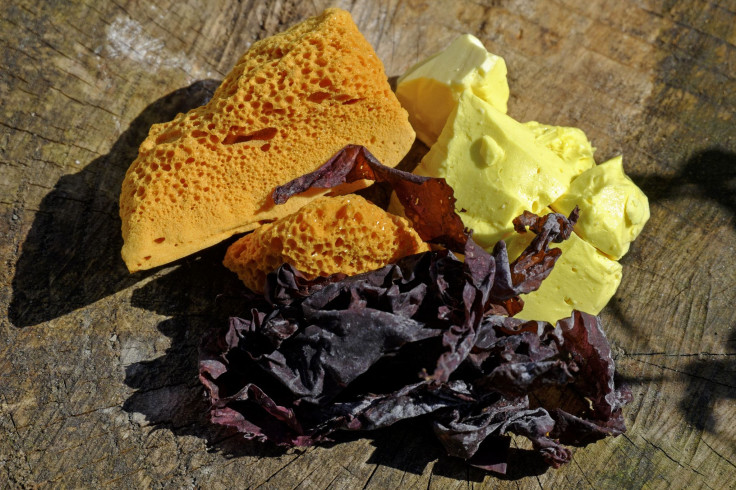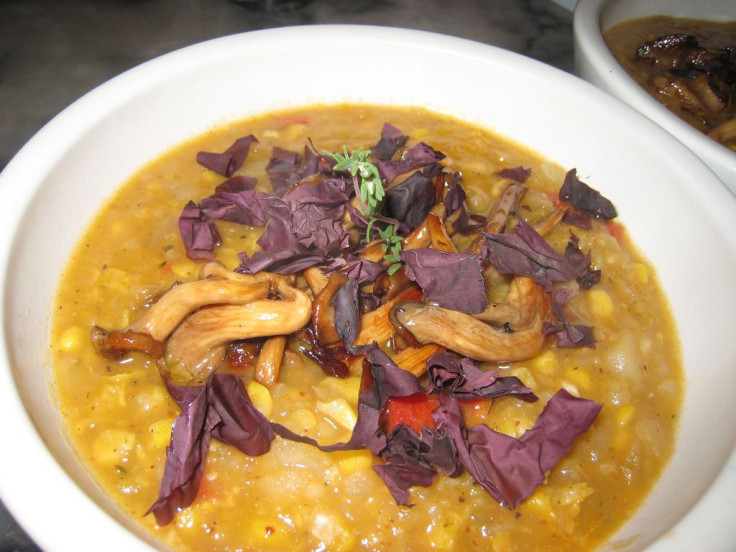Seaweed That Tastes Like Bacon: Scientists Develop 'Dulse' That's More Nutrition-Packed Than Kale

Kale and avocado, move over and make room for the latest “superfood,” a new seaweed developed by scientists that supposedly tastes just like bacon.
The strain of seaweed patented by researchers at Oregon State University is known as “dulse,” and it grows naturally along the Pacific and Atlantic coastlines. In the past, dulse has been used as a cooking ingredient or supplement — but it wasn’t until now that researchers decided to take it and transform it into something a little more substantial. This specific strain of dulse looks like red, see-through lettuce.
This super healthy seaweed tastes exactly like bacon http://t.co/88ZTcZhJuk pic.twitter.com/ZtLltsjSE5
— Mashable (@mashable) July 16, 2015The development of this superfood was 15 years in the making, according to Oregon State University. Initially, the researchers focused primarily on making a dulse superfood for commercial abalone — edible sea snails and mollusks that are highly prized in Asia — and found that the nutrition-packed seaweed made the abalone grow incredibly well and fast.
“We were able to grow dulse-fed abalone at rates that exceeded those previously reported in the literature,” Chris Langdon of Oregon State said in the press release. “There always has been an interest in growing dulse for human consumption, but we originally focused on using dulse as a food for abalone.”
That quickly changed when the researchers realized they may have been onto something for humans, too. Chuck Toombs, a professor at the College of Business, had an idea when he visited Langdon’s office filled with dulse growing in containers: Couldn’t this seaweed become an excellent nutritional supplement for humans — or even be developed into a solid meal itself? Dulse was packed with minerals, vitamins, antioxidants, and lots of protein, after all. Toombs realized dulse could become a whole new protein industry.
“Dulse is a super-food, with twice the nutritional value of kale,” Toombs said in the press release. “And OSU had developed this variety that can be farmed, with the potential for a new industry for Oregon.”
In collaboration with chefs, businessmen, and other scientists at the Food Innovation Center, the researchers began experimenting with different creative food products involving dulse. While it will still be some time before this superfood is introduced as its own industry, at least let it be known that you can find protein in all forms.

Alternative Protein
Dulse is one of the many vegan options for alternative protein, an industry that has recently gained more traction. Other forms of alternative protein (vegan or not) include various seaweeds, algae, insects, and of course, quinoa and legumes. Generally speaking, these alternative proteins offer more nutrition than poultry or red meat — and they’re healthier for both you and the environment.
You can already get dulse at certain markets, and use it to garnish salads or soups. Whole Foods describes this sea veggie as “available in whole stringy leaves or powdered as a condiment,” noting that it has a chewy texture and salty taste. “Pan-fried in sesame oil, dulse becomes feather-light and crispy and can lend a savory flavor and crunch to any sandwich or salad. Some even liken it to bacon!”
Published by Medicaldaily.com



























